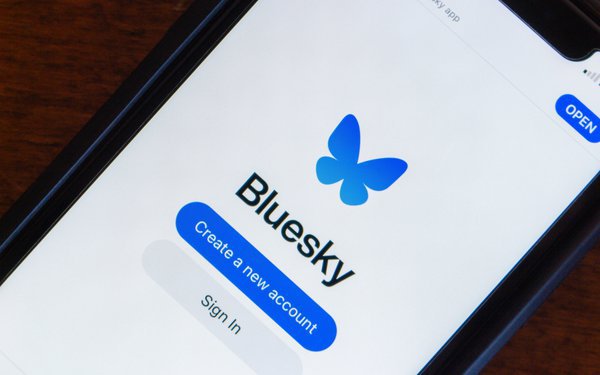
Faced with a new Mississippi law requiring parental consent for
social media, Bluesky on Friday began blocking access to people whose IP addresses indicated they were in the state.
"This block will remain in place while the courts decide
whether the law will stand," Bluesky said in a blog post announcing the move.
Mississippi House Bill
1126 took effect earlier this month, after the Supreme Court rejected the
tech group NetChoice's emergency request to enjoin enforcement of the law.
The statute requires “digital services” providers to verify all users' ages, and
prohibits minors from creating social media accounts, without parental permission.
advertisement
advertisement
That statute also requires social platforms to “prevent or mitigate” minors' exposure to
“harmful material” -- defined as including material that promotes or facilitates eating disorders, substance abuse, sexual abuse and online bullying.
The law
applies to websites that allow users to create profiles and socially interact, with exemptions for employment-related sites and sites that “primarily” offer news, sports, commerce, online
video games and content curated by the service provider.
Bluesky said Friday that the statute "would fundamentally change how users access Bluesky."
"The Supreme Court’s recent decision leaves us facing a hard reality: comply with Mississippi’s age assurance law -- and make every Mississippi Bluesky
user hand over sensitive personal information and undergo age checks to access the site -- or risk massive fines," the company wrote. "The law would also require us to identify and track which users
are children, unlike our approach in other regions. We think this law creates challenges that go beyond its child safety goals, and creates significant barriers that limit free speech and
disproportionately harm smaller platforms and emerging technologies."
In June, in the Southern District of Mississippi, District Court Judge Halil Ozerden blocked the
state from enforcing the law against eight NetChoice members -- Dreamwidth, Meta Platforms, Nextdoor, Pinterest, Reddit, Snapchat, X and YouTube.
"As applied to
NetChoice’s covered members, the Act likely burdens substantially more speech than is necessary for the state to safeguard the physical and psychological wellbeing of minors online," Ozerden
wrote.
He added that the law would restrict minors from accessing content "regardless of whether the content concerns or negatively affects minors’ physical and
psychological wellbeing."
The 5th Circuit Court of Appeals stayed that injunction without comment last month.
NetChoice then urged the Supreme Court to immediately reverse the 5th Circuit and
reinstate Ozerden's injunction on an emergency basis.
The Supreme Court recently denied that request, effectively allowing Mississippi to enforce the law while NetChoice's
challenge proceeds in the lower courts.
Justice Brett Kavanaugh said in a written concurrence that Mississippi's law is "likely unconstitutional," but that
NetChoice "has not sufficiently demonstrated that the balance of harms and equities" warrants an emergency order.